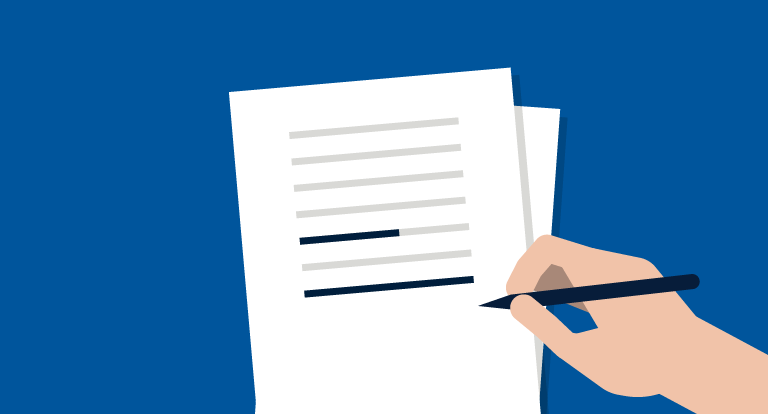Land tax
May apply if you own property other than your home.

What is land tax?
Land tax is an annual tax on the total value of taxable land owned in Victoria, excluding exempt properties like your home. It applies to investment residential properties, commercial properties and vacant land.
Understanding land taxOnline services
Check what applies to you
Calculators
Stay updated
News

View all news

Value capture for Suburban Rail Loop
Today the Victorian Government announced that value capture will be applied to help fund the Suburban Rail Loop.
Useful information
Legislation and regulations
Get in contact with us
Subscribe to our email



